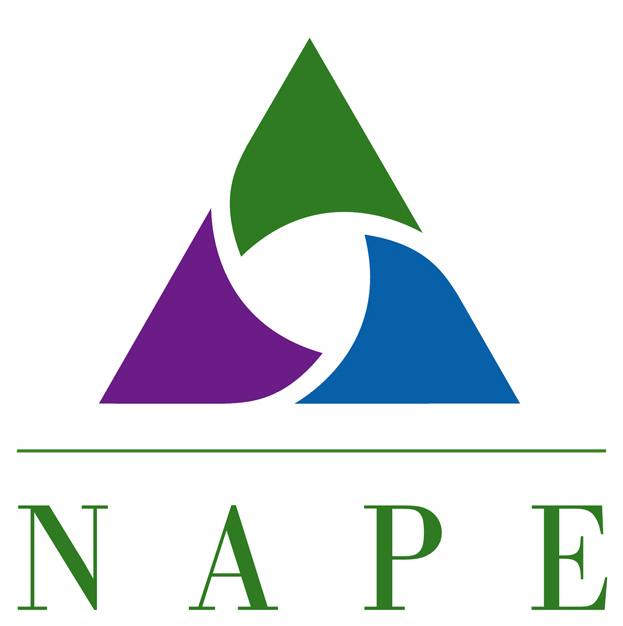SE 6.6 References
Bandura, A. (1969). Social learning of moral judgments. Journal of Personality and Social Psychology, 11(3), 275-279. doi:10.1037/h0026998
Bandura, A. (1986). Social foundations of thought and action: A social cognitive theory. Englewood Cliffs, NJ: Prentice Hall.
Bandura, A., & Mischel, W. (1965). Modifications of self-imposed delay of reward through exposure to live and symbolic models. Journal of Personality and Social Psychology, 2(5), 698-705. doi:10.1037/h0022655
Bandura, A., & McDonald, F. J. (1963). Influence of social reinforcement and the behavior of models in shaping children’s moral judgment. The Journal of Abnormal and Social Psychology, 67(3), 274-281. doi:10.1037/h0044714
Bandura, A., Ross, D., & Ross, S. A. (1963). Imitation of film-mediated aggressive models. The Journal of Abnormal and Social Psychology, 66(1), 3-11. doi:10.1037/h0048687
Bandura, A., & Schunk, D. H. (1981). Cultivating competence, self-efficacy, and intrinsic interest through proximal self-motivation. Journal of Personality and Social Psychology, 41(3), 586-598.
doi:10.1037/0022-3514.41.3.586
Brookhart, S. M. (2011). Tailoring feedback: Effective feedback should be adjusted depending on the needs of the learner. Education Digest: Essential Readings Condensed For Quick Review, 76(9), 33-36.
Brophy, J. (1981). On praising effectively. Elementary School Journal, 81(5), 268-278.
Brophy, J. (1986). Teacher influences on student achievement. American Psychologist, 41(10), 1069-1077.
Butz, A. R., & Usher, E. L. (2015). Salient sources of early adolescents’ self-efficacy in two domains. Contemporary Educational Psychology, 42, 49-61.
Bryan, J. H., & Walbek, N. H. (1970). Preaching and practicing generosity: Children’s actions and reactions. Child Development, 41, 329-353.
Chen, J. A., & Usher, E. L. (2013). Profiles of the sources of science self-efficacy. Learning and Individual Differences, 24(11-21).
Cohen, G. L., Steele, C. M., & Ross, L. D. (1999). The mentor’s dilemma: Providing critical feedback across the racial divide. Personality and Social Psychology Bulletin, 25(10), 1302-1318. Retrieved from http://www.foothill.edu/attach/1474/critical_feedback.pdf
Conroy, M. A., Sutherland, K. S., Snyder, A., Al-Hendawi, M., & Vo, A. (2009). Creating a positive classroom atmosphere: Teachers’ use of effective praise and feedback. Beyond Behavior, 18(2), 18-26.
Deci, E. L., Koestner, R., & Ryan, R. M. (2001). Extrinsic rewards and intrinsic motivation in education: Reconsidered once again. Review of Educational Research, 71(1), 1-27.
doi:10.3102/00346543071001001
Fyfe, E. R., & Rittle-Johnson, B. (2016). Feedback both helps and hinders learning: The causal role of prior knowledge. Journal of Educational Psychology, 108(1), 82-97.
Getz, G. E., & Rainey, D. W. (2001). Flexible short-term goals and basketball shooting performance. Journal of Sport Behavior, 24(1), 31-41.
Hareli, S., & Hess, U. (2008). When does feedback about success at school hurt? The role of causal attributions. Social Psychology of Education, 11(3), 259-272. doi:10.1007/s11218-008-9059-x
Howe, B., & Poole, R. (1992). Goal proximity and achievement motivation of high school boys in a basketball shooting task. Journal of Teaching in Physical Education, 11(3), 248-255.
Jain, S., Bruce, M. A., Stellern, J., & Srivastava, N. (2007). Self-efficacy as a function of attributional feedback. Journal of School Counseling, 5(4).
Narciss, S. (2008). Feedback strategies for interactive learning tasks. In J.M. Spector, M.D. Merrill, J. van Merrienboer, & M.P. Driscoll (Eds.), Handbook of Research on Educational
Communications and Technology (3rd ed., pp. 125-143). New York: Erlbaum.
Ormrod, J. E., Anderman, E. M., & Anderman, L. H. (2016). Educational psychology: Developing learners (9th Ed). Boston, MA: Pearson (p. 334).
Palincsar, A. S., & Brown, A. L. (1984). Reciprocal teaching of comprehension-fostering and comprehension-monitoring activities. Cognition and Instruction, 1, 117-175.
Pettman, T. L., Misan, G. M., Owen, K., Warren, K., Coates, A. M., Buckley, J. D., & Howe, P. R. (2008). Self-management for obesity and cardio-metabolic fitness: Description and evaluation of the lifestyle modification program of a randomised controlled trial. The International Journal of Behavioral Nutrition and Physical Activity, 5
Rittmayer, A. D., & Beier, M. E. (2008). Self-efficacy in STEM. In B. Bogue & E. Cady (Eds.). Applying Research to Practice (ARP) Resources. Retrieved from http://www.engr.psu.edu/AWE/ARPresources.aspx
Schunk, D. H. (1984). Enhancing self-efficacy and achievement through rewards and goals: Motivational and informational effects. Journal of Educational Research, 78(1), 29-34.
Schunk, D. H. (1987). Peer models and children’s behavioral change. Review of Educational Research, 57, 149-174.
Schunk, D. H. (1999). Social–self interaction and achievement behavior. Educational Psychologist, 34(4), 219-227. doi:10.1207/s15326985ep3404_3
Schunk, D. H., & Rice, J. M. (1993). Strategy fading and progress feedback: Effects on self-efficacy and comprehension among students receiving remedial reading services. The Journal of Special
Education, 27(3), 257-276. doi:10.1177/002246699302700301
Schunk, D. H., Meece, J. L., & Pintrich, P. R. (2014). Motivation in education: Theory, research, and practice (4th ed). Boston: Pearson.
Siegle, D. & McCoach D.B. (2007). Increasing student mathematics self-efficacy through teacher training. Journal of Advanced Academic 18: 278-312. Retrieved from http://files.eric.ed.gov/fulltext/EJ767452.pdf
Stock, J., & Cervone, D. (1990). Proximal goal-setting and self-regulatory processes. Cognitive Therapy and Research, 14(5), 483-498. doi:10.1007/BF01172969
Wiggins, G. (2012). Seven keys to effective feedback. Educational Leadership, 70(1), 10-16.
Willingham, D. B. (1990). Effective feedback on written assignments. Teaching of Psychology, 17(1), 10-13. doi:10.1207/s15328023top1701_2
Yeager, D. S., Purdie-Vaughns, V., Garcia, J., Apfel, N., Brzustoski, P., Master, A., …& Cohen, G. L. (2014). Breaking the cycle of mistrust: Wise interventions to provide critical feedback across the racial divide. Journal of Experimental Psychology: General, 143(2), 804. Retrieved from http://www.apa.org/pubs/journals/releases/xge-a0033906.pdf

